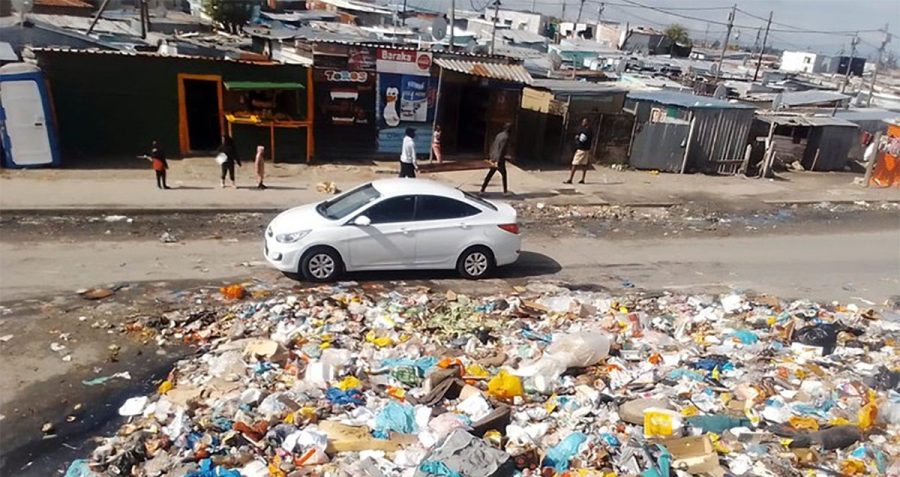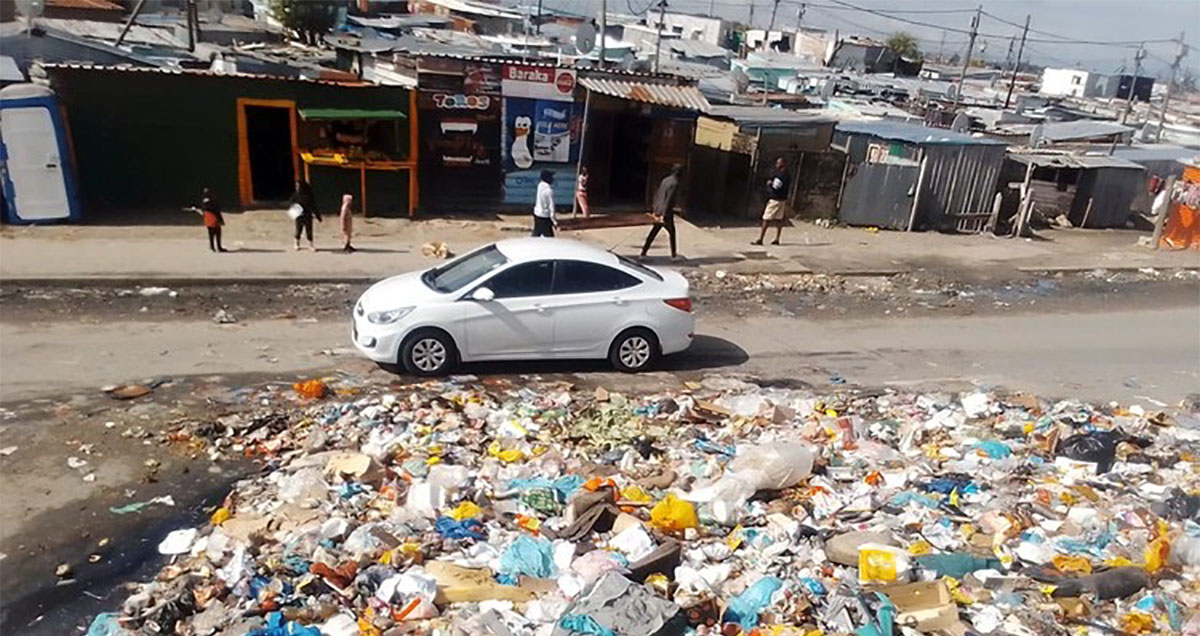
Durban waste crisis precipitates urgent call for sustainable solutions
eThekwini Municipality’s Cleansing and Solid Waste (CSW) unit, the project aims to foster collaboration between residents.

The streets of Durban which are known for their scenic beauty, are now bearing witness to an alarming sight.
Heaps of uncollected waste, are signalling a crisis in the city’s waste management infrastructure.
DURBAN STREETS CRYING FOR CLEAN UP
The strike action has left the streets of Durban heaped with uncollected waste.
This occurred after the strike that was initiated by the South African Municipal Workers’ Union (SAMWU), left residence with uncollected garbage relying on only the municipality services for waste management.
As reported by IOL, the tense relationship between the workers and the municipality has raised concerns about the future of the disruptions, highlighting the need for lasting solutions to Durban’s waste problems.
Glenwood resident and Zero Waste Pilot Project coordinator Paul Jones stated that the recent crisis had brought two critical issues to the forefront, which are the excessive amounts produced by residents and the need to expand waste management methods beyond just municipal services.
In the face of the growing waste problem, the concept of ‘zero waste’ offers a promising solution. Zero waste focuses on reducing landfill waste by promoting responsible production, consumption, and recycling.
According to IOL, By adopting zero waste practices, individuals and households can minimize their environmental impact by reducing, reusing, and recycling materials. This approach reduces reliance on municipal waste collection services and contributes to a healthier.
In response to the crisis, the ‘Glenwood Zero Waste Pilot Project’ has been initiated to demonstrate decentralised, zero-waste approaches to waste management challenges.
SERVICE DELIVERY NOT FULLY RESTORED IN ETHEKWINI
EThekwini ratepayers say service delivery is not fully restored despite the municipality stating that the strike is over.
According to IOL the strike crippled the city with service delivery for close to two weeks.
Residents were left without water and electricity for long periods of time because staff were either afraid to go to work or were part of the strike.
